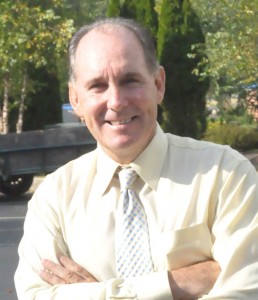Story continues from previous page
Barrar said he opposes efforts to charge local towns for State Police coverage and argued that resources had been pulled out of suburban counties to bolster State Police presence in Philadelphia, despite the city’s own police force, which receives a large amount of state funding.
“It’s nothing more than a tax increase for the majority of people outside of Philadelphia,” he said. Worse, he said, the funds proposed would have gone into the general fund, not into paying for State Police services.
As part of his new committee assignment, Barrar said he plans to work to increase a grant program for local volunteer fire companies — which is due to end in 2012. The $25 million grant program is used by fire companies to buy or repair equipment — some 2,600 fire and ambulance companies participated in the most recent year. Barrar said he wants to extend and expand the grant program, bringing the total up to $35 million.
While he knows it might seem counter-intuitive to talk about adding spending at a time when there is so much focus on cutting, Barrar said that local volunteer fire companies save taxpayers billions of dollars — so the grant program is one of the rare expenditures that saves money in the long run.
“According to estimates, volunteer fire companies save taxpayers some $2 billion, so it really makes sense to help these organizations and find an extra $10 million to help them continue serving the community,” he said.
Barrar he said he supports a move to revisit the Castle Doctrine — the codifying a homeowner’s right to defend his home with deadly force — vetoed by Rendell last year.
He also supports a bill, also vetoed by the outgoing governor, that would give first responders a “presumption of exposure to cancer-causing materials” — meaning they would get medical coverage if diagnosed with cancer. Currently, first-responders like firefighters must prove that they were exposed to carcinogens in the line of duty to receive benefits.
Aside from those issues, Barrar said that the legislature and new governor Tom Corbett must focus on job creation in the commonwealth — and whether state regulations are strangling job creation.
“Over the next two years, we’re going to be looking at a lot of regulations, whether they’re helping or hurting,” he said. Revenue, Labor and the Department of Environmental Protections could be among the first targets, he said.
He allowed that he an his colleagues feel the pressure to find ways to make the state’s economy grow — and create jobs.







